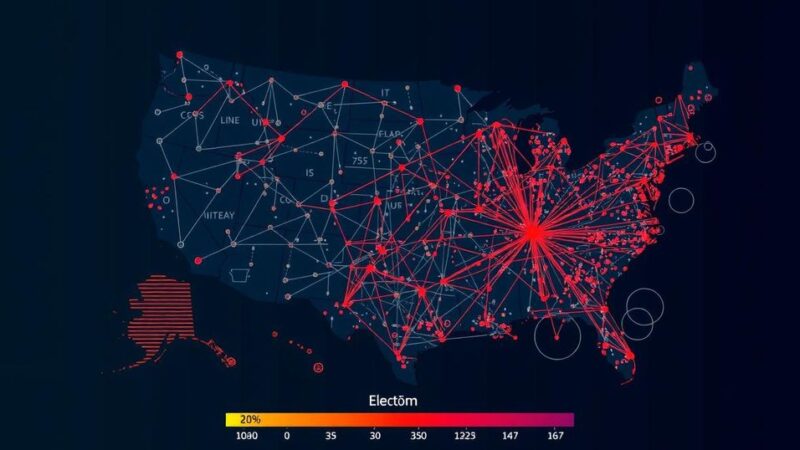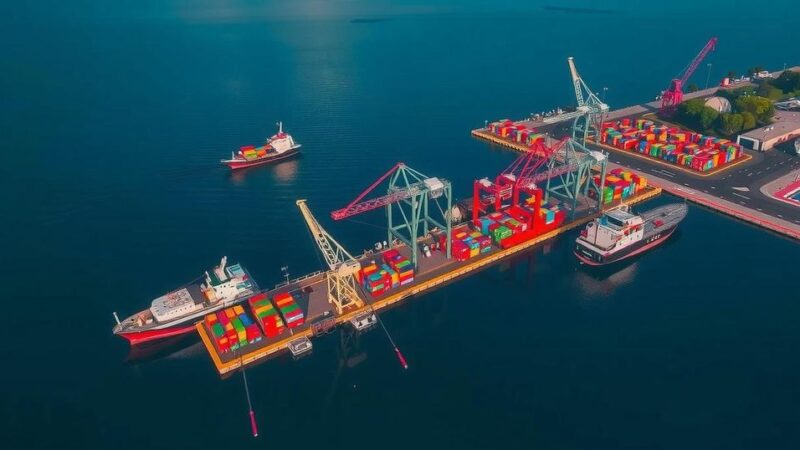At COP29, new tax proposals on cryptocurrencies and plastics were discussed to raise climate finance, potentially generating USD 41 billion annually. The Global Solidarity Levies Task Force highlighted the need for these taxes to support vulnerable economies impacted by climate change. Proposed tax rates include 0.1% to 20% on cryptocurrency transactions and 5% to 7% on plastic products. Additionally, a suggested wealth tax on billionaires could further mobilize resources for climate initiatives.
At COP29, discussions centered around potential taxes on cryptocurrencies and the plastics industry aimed at enhancing climate finance. The Global Solidarity Levies Task Force, consisting of representatives from France, Kenya, and Barbados, estimates that these initiatives could yield USD 41 billion annually, specifically targeting high-pollution sectors that significantly contribute to greenhouse gas emissions. Prime Minister Mia Mottley of Barbados emphasized the necessity of these levies, suggesting they could generate even greater funds when extended to fossil fuels and financial operations. The proposed taxation on cryptocurrency transactions may range from 0.1% to 20%, potentially generating between USD 15.8 billion to USD 323 billion annually. Additionally, taxing Bitcoin mining at USD 0.045 per kilowatt hour could further contribute USD 5.2 billion each year. However, the anonymity feature of cryptocurrencies poses challenges for effective tax collection. In terms of plastics, a tax of 5% to 7% on the final price could generate USD 25 billion to USD 35 billion annually. This approach aims to create incentives to use recycled materials by reducing the price gap between virgin and recycled plastics, aligning economic strategies with sustainability goals. The Task Force also suggested a global 2% tax on billionaire wealth, with specific allocations for climate finance to shift the conversation from voluntary to systematic funding. Ultimately, these proposals aim to address the urgent financial needs of developing nations facing the adverse impacts of climate change, fostering a fairer funding mechanism that benefits the most vulnerable economies.
The article discusses innovative proposals presented at COP29 aimed at generating climate finance through taxation. This initiative comes in response to the growing imperative for funding mechanisms that can provide resources to combat climate change, particularly in developing countries. The Global Solidarity Levies Task Force proposes taxes on the cryptocurrency and plastics sectors, both significant sources of greenhouse gas emissions, as a means to raise essential funds for climate efforts.
In summary, the proposals put forth at COP29 seek to implement crucial tax measures on cryptocurrencies and plastics to bolster climate finance. With the potential to generate tens of billions of dollars annually, these initiatives underscore the need for innovative approaches to fund climate action, particularly in the Global South. By advocating for systematic funding mechanisms, the Global Solidarity Levies Task Force aims to ensure that the financial resources needed to combat climate change are equitably distributed and effectively utilized.
Original Source: www.ipsnews.net






